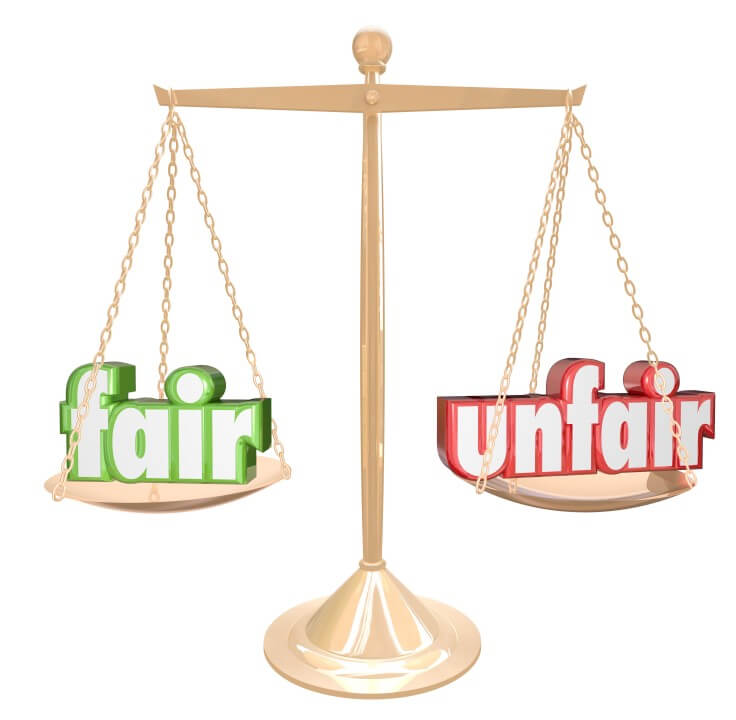When international investors and governments enter into agreements, disputes may arise that require the involvement of a tribunal. Tribunals are special bodies established to resolve disagreements between foreign investors and states in a fair and equitable manner. But what does “fair and equitable treatment” mean in this context? Let’s take a look at how tribunals define this concept.
The Meaning of Fair and Equitable Treatment
The term “fair and equitable treatment” is used in many international agreements and treaties to protect foreign investors from arbitrary or discriminatory measures by the host state. Fair and equitable treatment varies with context but generally includes non-discrimination and transparency towards foreign investments. SeeFair and Equitable Treatment: Why it matters and what can be done | International Institute for Sustainable Development (iisd.org)
When determining whether an investor has received unfair treatment, tribunals consider several factors including whether the host state has violated any specific commitments made under an investment treaty; whether there has been discrimination against foreign investors; whether there has been a denial of justice; or whether there have been violations of human rights norms. It is important to note that tribunals do not consider each factor in isolation but instead look at all relevant factors together when making their decision. This is where State responsibilities would follow when protecting investments.
Understanding Tribunal Decisions in International ArbitrationTribunal Decisions
Defining fair and equitable treatment can be challenging for tribunals due to its broad nature. Consequently, tribunal decisions vary greatly depending on the facts of each case. For example, tribunals may find that a host state has breached its obligations if it fails to provide adequate compensation for an expropriation or if it fails to protect investors from physical harm or property damage due to civil unrest or wars. On the other hand, they may find that a host state has not breached its obligations if it enacts regulations designed to protect public health or safety or if it takes measures necessary for economic stabilization purposes.
Conclusion
In short, Tribunals must consider all evidence to determine fair and equitable treatment under international agreements. This often requires an analysis of both legal principles as well as the facts presented by each party involved. Ultimately, when deciding these cases, tribunals strive to ensure that all parties receive a just resolution according to international standards. For more information about our Investor-State Dispute Settlement practice, please visit International Arbitration Attorney – Transnational Matters


